Countersteer Veterans Experience
Military vets get free Cornerspin rider training
I’ve been to the Cornerspin motorcycle training facility dozens of times over the past decade, but today there is something very different going on. Sure, there are a dozen or so small dirtbikes lined up and a bunch of guys dressed out in riding gear, but nothing about today will be like anything I’ve done before.
The owner of Cornerspin, Aaron Stevenson, is running his not-for-profit program, Countersteer. Vets can spin and slide their way through two days of motorcycle fun and adrenaline in Spencer, North Carolina, free of charge as a payback to the the service of the brave veterans of our military.
Many motorcyclists talk about moto therapy or wind therapy, and veterans at Countersteer will get plenty of that over the weekend. The difference in the Countersteer program is the unique veteran brotherhood designed to help them cope with Post Traumatic Stress Disorder (PTSD) and combat stress in a positive environment.
It’s nothing new in American society that returning war veterans find their way to the excitement and thrill of motorcycling. The motorcycle had been widely used during the WWII during combat, and returning servicemen often took to motorcycling as a way to find excitement, a sense of camaraderie, and social support that couldn’t otherwise find in civilian life.
Back in those days, little was known about PTSD, but some of these riders went on to form clubs and gangs. In some ways, this led to negative stereotype of motorcycling.
Stevenson, as someone who has spent more than half a lifetime teaching and educating people to be safer – and faster – on two-wheels, and as the son of a Korean war veteran, he has long been aware of the disturbing motorcycle accident statistics amongst war veterans, including the alarming number of suicides.
While today’s society is more aware of the problems facing returning veterans, and the negative image of motorcycle riders has largely passed, nonetheless, too many young veterans are coming home, buying powerful motorcycles and, without proper training, getting hurt or killed.
For the weekend, Aaron mostly takes a back seat and leaves teaching and training to members of his staff who are retired military veterans, so it was humbling for me to be allowed into a very select group of men to gather materials for this story. I had been fortunate enough to meet and spend time with a couple of young veterans, Westin and Jonathan, in the months leading up to the Countersteer event, which gave me insight to some of the problems being faced by these returning war heroes.
Countersteer offers a home for both of these veterans. Westin came with a motorcycle racing background, while Jonathan was new to motorcycling. Both men now regularly assist at all the events as a place for them bond with their brothers and give back. The entire Countersteer staff is comprised of veterans. On back of the t-shirts given to all veterans at the end of the weekend, the motto “Veterans Healing Veterans” is prominent on the shoulders.
I immediately liked Isaac Coley as we shook hands and sat down under the trees next to the flat track to talk. His openness and insights about his experience belied his 29 years. A US Marine at the top of his game, a head injury during combat in Afghanistan gave him a brain injury, and all he remembers is waking up in a medical tent. His career in the Marines was over in the blink of an eye and he was back stateside labeled a disabled veteran.
“I felt like a failure, like I had been cut down in my prime as I was on my way up,” Coley told me. And, like some many young veterans, he went out and bought a sportbike, a Honda CBR1000RR. Thankfully for him, he started doing track days, met Aaron at a Cornerspeed event (a track riding school) where he extended an offer to Isaac to come out and ride with other veterans at Countersteer.
“I got my first night’s sleep,” Coley said of his experience at the inaugural event. He explained that riding and training with Aaron was very different than riding alone. “Chasing it on your own will get you killed. It’s a similar experience to combat, and the principles of learning are similar to the military.” He said he’s learned to focus and uses the principles Aaron taught, not only for motorcycle riding but also in his life.
Isaac was too young to retire and didn’t know what to do next when he left the military, so meeting and riding with other vets helped him regain his identity and find a way forward for his life. When he’s not on two wheels, he drives an ambulance as a career.
It was increasingly becoming clear Aaron has tapped into what these veterans need. As I wandered down the familiar track that is usually being used by Cornerspin students, the scene looked very similar to a regular weekend: Small dirtbikes performing drills under the watchful eyes of the instructors. Countersteer is less structured, though, and more relaxed for the veterans to just enjoy riding with their friends.
Johno Williams, 47, is one of the older veterans and rode in on his Harley. He was clearly having a blast adapting to a small dirtbike and applying the new techniques he was learning.
Johno was in the Army National Guard from 1993 until 2013, was awarded a Purple Heart in 2004 in Baghdad. and completed two tours in Iraq and one in Afghanistan. A combination of IED explosions, a bad truck accident and other injuries forced his retirement, and he is currently working on obtaining his degree in social work with an eye on a masters in the profession.
Johno was very positive about the Countersteer experience and likened the adrenaline rush and excitement of the day to taking methadone for a heroin addiction, as he has found little in life to replace the exhilaration of battle till this point.
I invited Johno back to my place after the day to could continue our discussion, and evening saw us in deep in conversation as he re-lived more of his war experiences for me. As with the other Countersteer vets, I never felt judged or distanced by him as he opened up and told me experiences from battle that the majority of us will, thankfully, never have to deal with. I learned that this ability to share stories and fellowship with others who understand them is why Countersteer is so popular with the vets I spoke with.
Justin Pennella, came back from Iraq after two tours, found Cornerspeed and started racing. He is full of affirmation for the program and, thanks to Aaron, loves the adrenaline-fueled environment of a racetrack.
“You can’t get it from nature walks,” he told me. Justin also shared experiences he said he’d never talked about and why it’s so difficult for veterans to return to our modern society. He explains that when you have lived in a “kill or be killed environment,” so much of what people complain about in modern society seems trivial.
Thankfully, Justin has motorcycle racing – and now Countersteer weekends – to connect to the adrenaline and focus in a safe and structured environment.
While I didn’t get to speak with all the veterans, the familiar faces of Aaron’s regular instructors helping out with any questions or guidance was pleasantly familiar, and I know they greatly enhance the experience for all who attend. The fact that, for veterans, it’s completely free and all you need is a desire to ride, hang out, and share a weekend of camaraderie with other veterans, is so inspiring to me.
If you would like to learn more, log onto CountersteerLife.org. If you aren’t a veteran, please remember this is a not-for-profit program so your dollars are more than welcome to help keep it running and hopefully expand it so Aaron can reach more veterans.
More by Neale Bayly



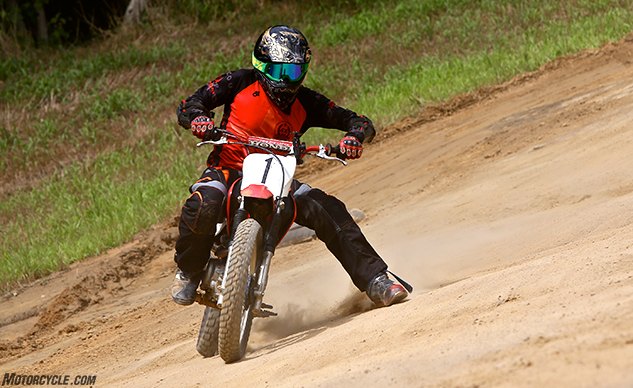
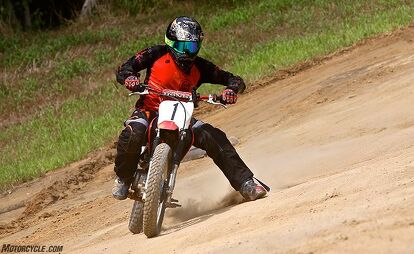



















































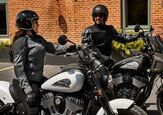
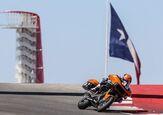
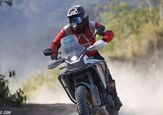
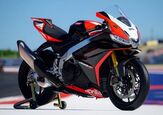

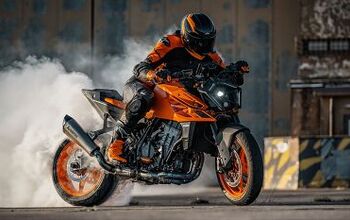
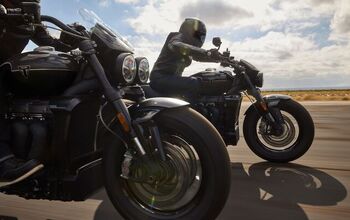
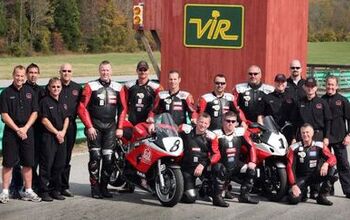
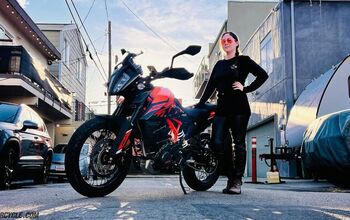
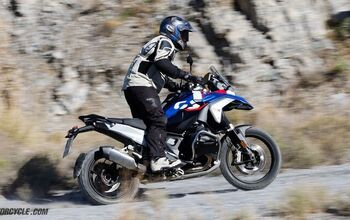
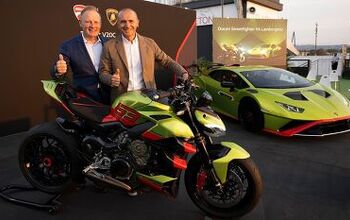
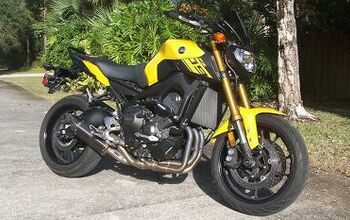

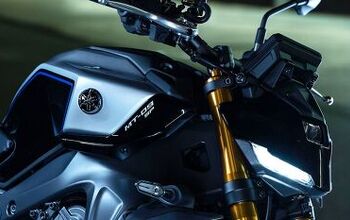
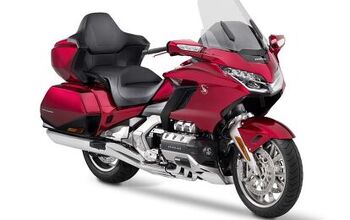
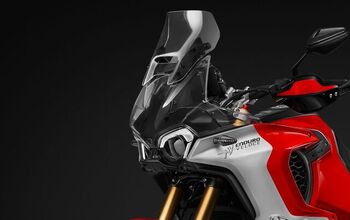
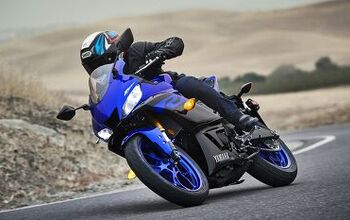

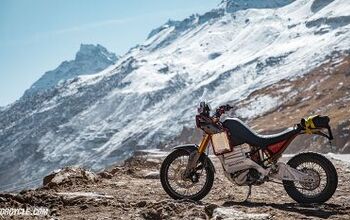
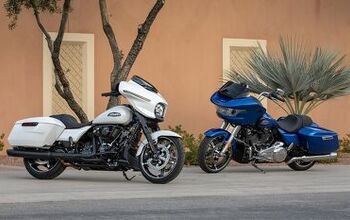
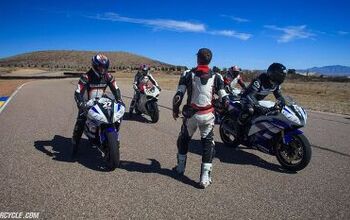
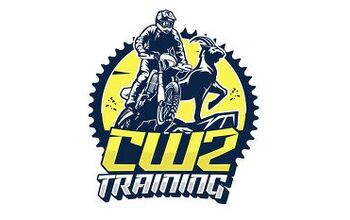

Comments
Join the conversation
Share this with a veteran who could use a fun time on motorbikes!